In our busy world, attention is like currency. It’s what helps us tackle challenges and connect with others effectively. This is especially true in early childhood education, where attention is vital for laying the foundation for future learning. Let’s explore why attention matters so much in early development, how it sets the stage for success later on, and simple ways parents can encourage it through fun activities.
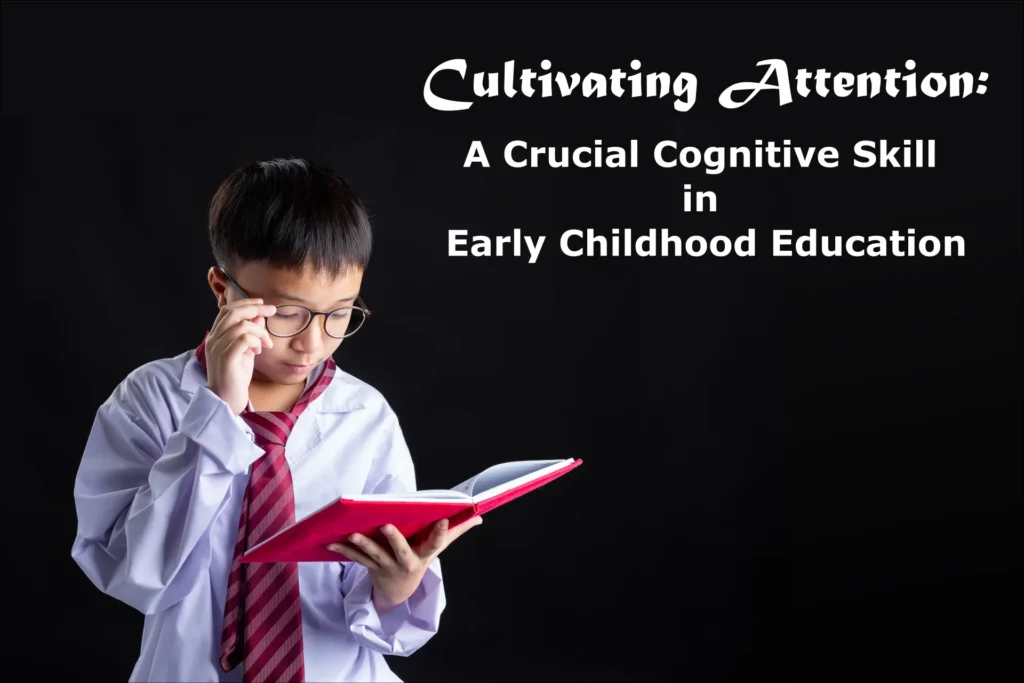
Understanding Attention as a Cognitive Skill
Attention, often regarded as the spotlight of consciousness, is the cognitive process that allows us to selectively concentrate on particular aspects of our environment or mental activity. It’s a multifaceted skill encompassing sustained focus, selective attention, and cognitive flexibility. In essence, attention acts as the gateway to learning, enabling children to absorb information, solve problems, and interact with the world around them.
Importance in Early Child Education
During the formative years, children are like sponges, absorbing information from their surroundings at a rapid pace. The ability to sustain attention plays a pivotal role in their educational journey. Whether it’s listening to a story, following instructions, or participating in group activities, attention allows children to engage meaningfully with learning experiences. Moreover, attentional skills are closely linked to academic performance, social competence, and emotional regulation, making them indispensable for holistic development
Future Growth: The Impact of Early Attentional Development
The significance of attentional skills extends far beyond the early years. Research indicates that children who exhibit strong attentional control during preschool years are more likely to succeed academically and socially later in life. They display better self-regulation, problem-solving abilities, and resilience in the face of challenges. By nurturing attention early on, parents and educators lay a solid foundation for future cognitive and emotional growth.
Fostering Attention through Playful Activities
Parents play a crucial role in cultivating attentional skills in their children. Fortunately, there are myriad ways to enhance attention through playful interactions:
- Sensory Play: Activities involving different textures, colors, and sounds captivate children’s attention and stimulate their senses. From finger painting to exploring sensory bins, these experiences encourage focused exploration.
- Storytelling and Pretend Play: Narrative-based activities spark imagination and sustained engagement. Whether it’s acting out stories or creating imaginary worlds, storytelling fosters attention while nurturing creativity.
- Board Games and Card Games: Playing board games or card games with rules and objectives encourages children to pay attention to details, anticipate moves, and strategize. These games provide opportunities for sustained focus, decision-making, and social interaction, all of which are essential for attentional development.
- Mindfulness and Meditation: Introducing simple mindfulness and meditation exercises can enhance children’s attentional skills. Short sessions of focused breathing or guided meditation help children practice concentration and self-awareness, fostering a calm and attentive mindset.
- Music and Movement: Engaging in rhythmic activities such as dancing or playing musical instruments can boost attention and concentration. Music stimulates various areas of the brain associated with focus and memory, while physical movement helps release pent-up energy, promoting better attentional control.
- Structured Routines: Establishing consistent daily routines provides a framework for children to develop attentional skills. Clear routines for mealtime, bedtime, and transitions between activities help children anticipate and understand expectations, reducing distractions and promoting sustained attention.
- Outdoor Exploration and Gardening: Spending time in nature and engaging in gardening activities offer multisensory experiences that capture children’s attention. Exploring natural environments, observing plant growth, and participating in hands-on gardening tasks stimulate curiosity and sustained focus while fostering a connection to the natural world.
- Limit Screen Time: Excessive screen time can negatively impact attentional development in children. Encourage mindful use of digital devices by setting limits on screen time and providing alternatives such as outdoor play, creative activities, and interactive games that promote active engagement and attention.
At COGNITObox, we recognize the pivotal role of attention in early childhood development. Our carefully curated activity boxes are designed to ignite curiosity, foster creativity, and enhance attentional skills in young learners. Each box contains a diverse range of activities, from sensory play kits to interactive puzzles, crafted to engage children’s attention and stimulate their cognitive growth.
As a testament to our commitment to early childhood education, we offer a collection of free worksheets designed to bolster attentional skills in children. Available for download on our website, these worksheets cover various aspects of attention, including visual tracking, pattern recognition, and concentration exercises. Empower your child’s cognitive journey with these engaging resources.
Attention stands as a cornerstone of cognitive development, shaping the trajectory of learning and growth in early childhood and beyond. By nurturing attention through playful activities and educational resources, parents pave the way for their children’s success in academic, social, and emotional domains. Join us in fostering attentional skills and unlocking the potential of young minds.


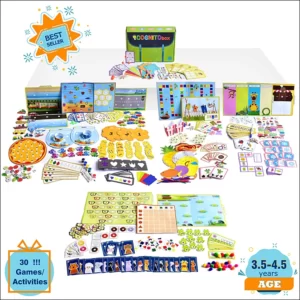
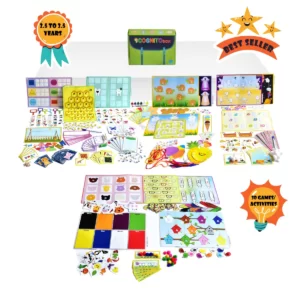
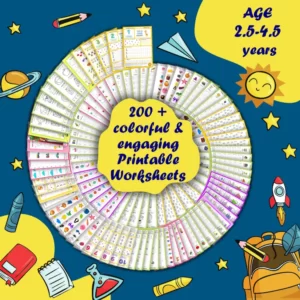
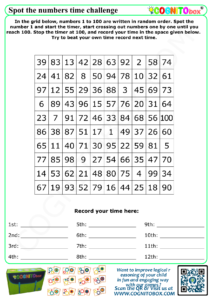
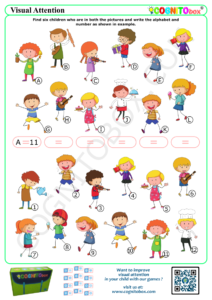
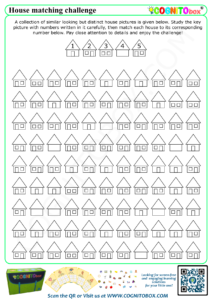
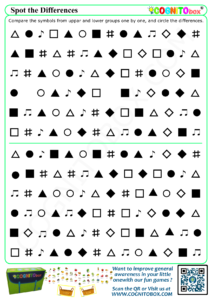

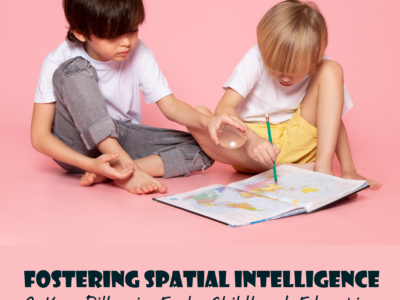
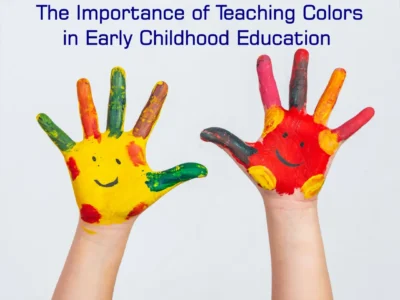
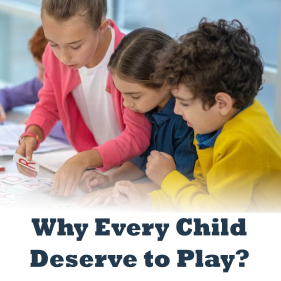




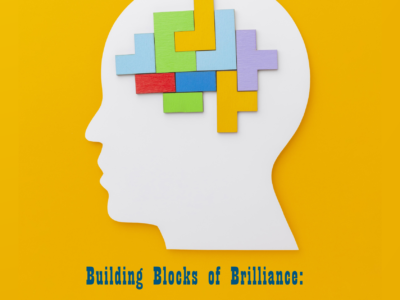
 Cultivating Attention: A Crucial Cognitive Skill in Early Childhood Education
Cultivating Attention: A Crucial Cognitive Skill in Early Childhood Education  Fostering Spatial Intelligence: A Key Pillar in Early Childhood Education
Fostering Spatial Intelligence: A Key Pillar in Early Childhood Education  Why Every Child Deserve To Play?
Why Every Child Deserve To Play?  STRUCTURED PLAY in Early Child Education
STRUCTURED PLAY in Early Child Education  Window of opportunity in early child development
Window of opportunity in early child development 
Recent Comments